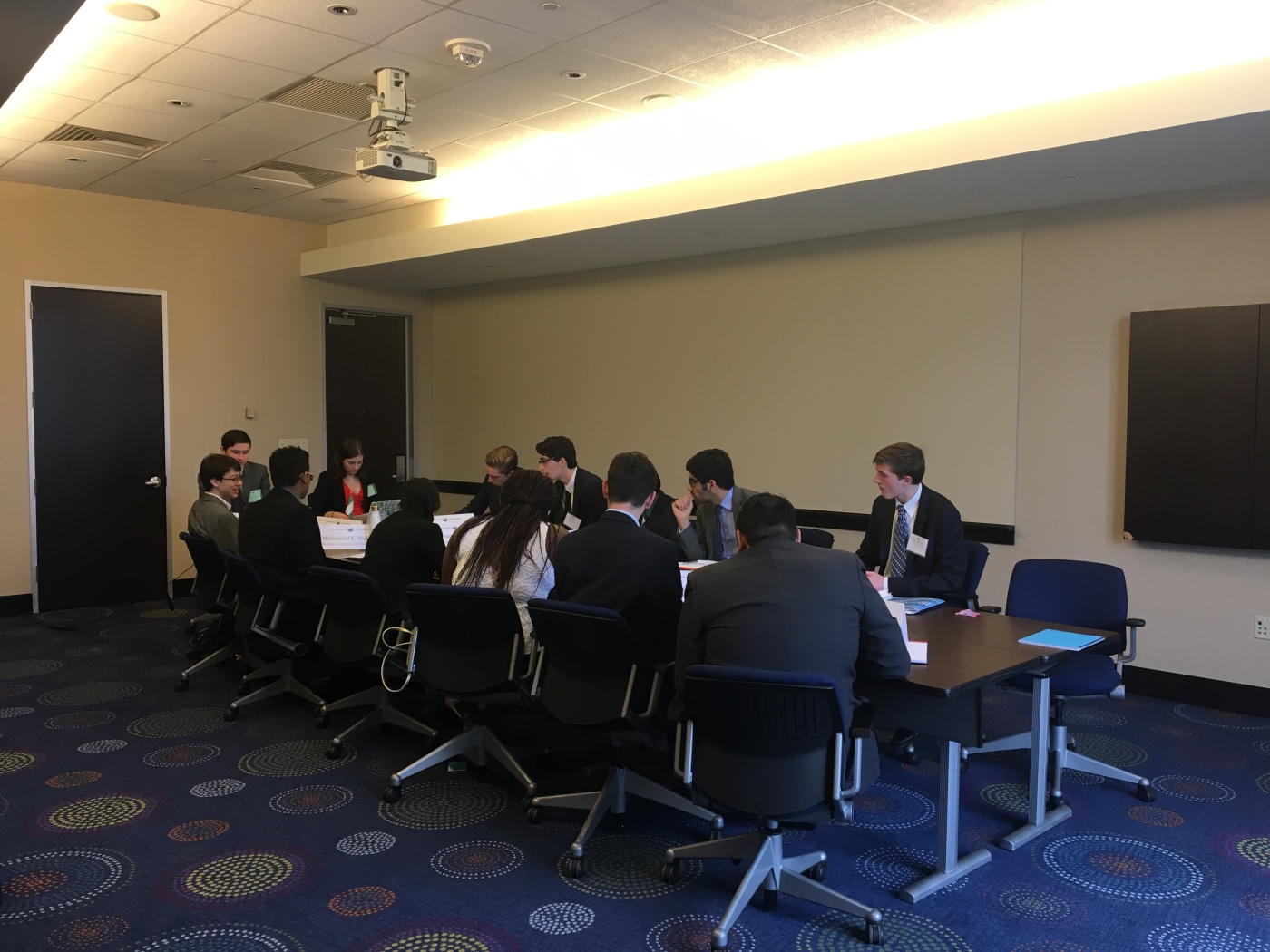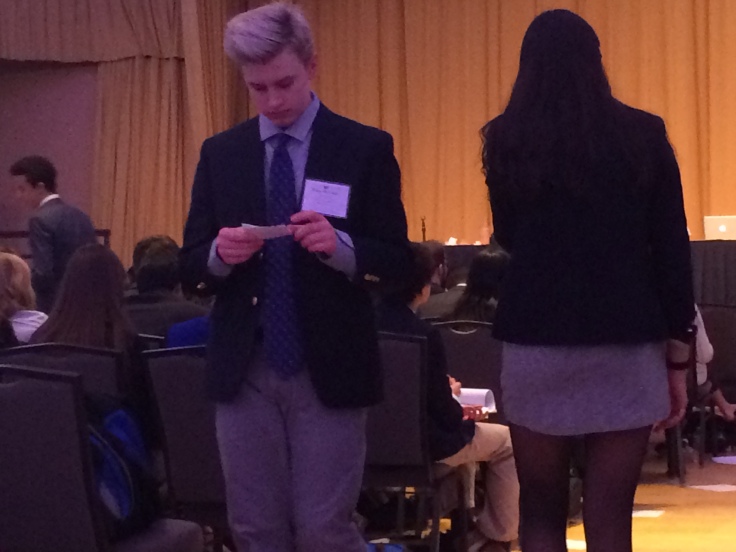By Jess Pevner
Goodluck Jonathan’s Cabinet has faced a host of hectic crises over the past two days. Pressing issues include terror acts of Boko Haram and internal corruption.
Going into the conference, Goodluck Jonathan’s Cabinet had three topics of urgency: human rights, anti-corruption, and Boko Haram. The cabinet has worked to intertwine these various fields in multi-perspective directives. Minister of Police Affairs Alhaji Adamu Waziri describes this tendency: “Mostly we don’t stick to one topic, we more so react to the crises thrown at us.”
One particularly interesting directive that Jonathan’s Cabinet passed was in response to a human rights crisis. On Friday, a Nigerian government official reported the arrest of a Shell gasoline employee member for engaging in homosexual activity. After this incident, Shell threatened to remove its business from Nigeria. Upon hearing this story outlining blatant governmental homophobia, the Cabinet quickly passed a reparative directive to protect civil rights of homosexual Nigerians that also addressed entailed governmental corruption and protected the Nigerian economy.
The cabinet’s interdisciplinary approach can also be seen in its response to their midnight crisis. The crisis can only be described as ludicrous: Boko Haram committed a massive act of biological terrorism. As Minister of Commerce and Industry Jubril Martins-Kuye states, Boko Haram obtained an “unknown chemical weapon and dispersed it in Southern Nigeria where the majority of the population is Christian.” This crisis reveals not only the issue with terror, but also the immense religious tensions divisive within Nigeria. By the end of their crisis, the cabinet designed a covert military operation succeeded in mitigating the suffering of victim Christian Nigerians. Another terror crisis the cabinet reacted to was the “lone wolf” car bombings that claimed 25 innocent lives. The military official presenting the crisis warned the creation of a “decentralized system of terror.”
After considering these two crises, Martins-Kuye summarizes: “We haven’t really been proactive [with terror]. We’ve certainly succumbed to the political matters.” The “political matters” Kuye references are the many scandals within the cabinet. Most notable is Chief Justice Adoke, who Kuye describes as an “complete degenerate.” Adoke has been confirmed to be running a prostitution ring and to be taking cocaine. Furthermore, delegates dealt with a crisis yesterday in which anonymous hackers published heinous allegations about Nigerian officials on the government website. These destructive rumors have sparked significant tensions. Waziri notes: “There’s been a profuse amount of blackmail, and people sending notes like, ‘Hey, if you don’t vote for this resolution, I will leak information to the public about this crime which I think you did.” Delegates have been investigating each other and attempting to discover the truth.
Despite these paramount internal tensions, the cabinet has done an impressive job with solving itscomplex crises.


